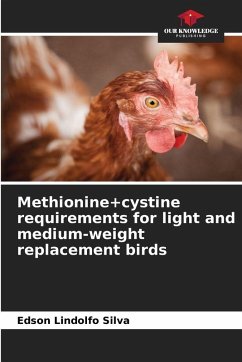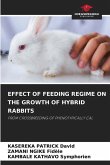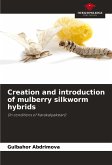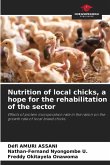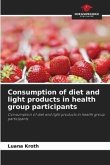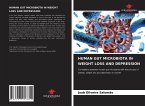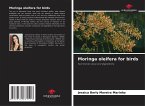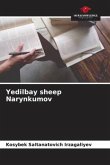Three experiments were conducted to evaluate total methionine+cystine requirements based on diet form and pullet breed (light or medium-weight). A total of 1,600 birds aged 1 to 4 weeks, 1,120 aged 5 to 11 weeks, and 800 aged 12 to 16 weeks were used, with half of each breed (Dekalb White and Bovans Goldline). The variables total feed intake, daily feed intake, total weight gain, daily weight gain, and feed conversion ratio were evaluated at 28 days of age, and the variables production, egg weight, mass, conversion per egg mass, and specific gravity, as well as the egg quality variables albumen weight, yolk weight, shell weight, and percentages were analyzed during the production period (22 to 40 weeks). . In the 1-4 week phase, there was no interaction effect between Met+Cys levels, breed, and physical form of the diet. The pelleted diet improved GPT, GPD of SP, and CA of LV from 1 to 4 weeks of age. In the 5-11 week period, the SP breed performed better than LV (P<0.01). The pellet diet provided better CRT and CRD (P<0.01) for the LV strain and better CA (P<0.01) for the SP strain.
Bitte wählen Sie Ihr Anliegen aus.
Rechnungen
Retourenschein anfordern
Bestellstatus
Storno

